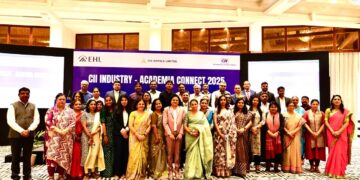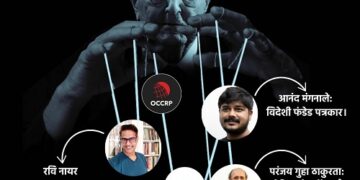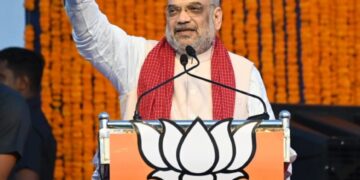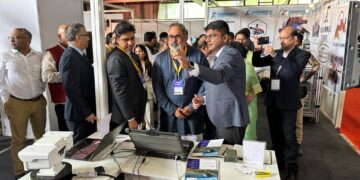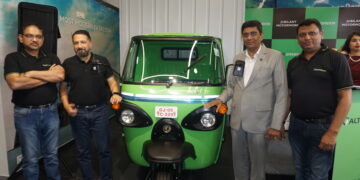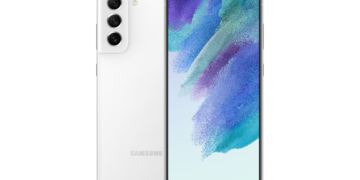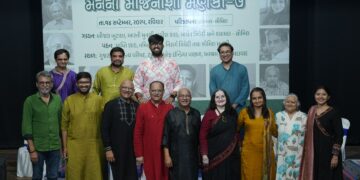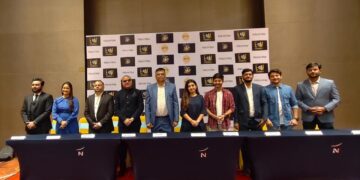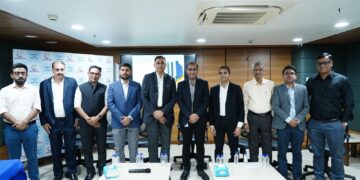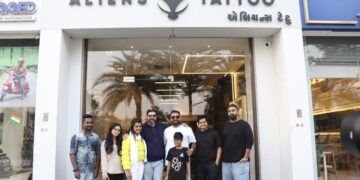Indians consider audio quality as one of the most important factors in their next smartphone purchase with a score of 66 out of 100, followed by battery life at 61, and camera at 60
August 2020: As per a new study by CyberMedia Research (CMR), Indian Consumers are now prioritising audio quality as a key smartphone purchase driver ahead of camera and battery. In fact across all parameters one in every four users have stated audio quality as the most important factor while selecting their smartphone. For the first time ever, consumers are more tuned into ‘audio quality’, possibly driven by long hours spent alone in a homebound economy. In doing so, they are also seeking better, immersive experiences.
“Given the advancements in smartphone camera and battery, I believe consumers are mostly satisfied with industry-leading innovations therein. On the other hand, in the current homebound economy, consumers are getting more aware, and paying more heed to audio quality. As such, they are putting it on priority for the neo normal, from a communication and content consumption point of view,”said Satya Mohanty, Head-Industry Consulting Group, CMR.
According to Prabhu Ram, Head-Industry Intelligence Group, CMR, “These interesting study findings provide us with a basis to better understand evolving consumer aspirations around smartphone audio. Consumers are now seeking infinitely better and immersive listening experiences, whenever and wherever they go. Across use cases, ranging from OTT consumption to mobile gaming& even UGC, consumers seek more high-quality sound. This is where brands with industry-leading innovations, such as Dolby, will stand to shine and fulfill consumer aspirations.”
The CMR study titled “What Audio Means for Indian Smartphone users?” categorizes Indian consumers, based on their audio consumption patterns, into three broad cohorts:
- Digital Natives who spend >20 hours weekly(39%)
- Digital Dependents who spend 10-20 hours weekly (44%)
- Digital Laggards who spend < 10 hours weekly (17%)
Online content consumption – movies and music, have witnessed a tremendous growth, driven by the ubiquitous smartphones. Over the past few years, the rise of affordable and value for money smartphones has fueled content consumption, on-the-go, and at home.
India loves to binge watch on video streaming platforms, cutting across genres, including episodic content and user-generated video content on social media. In the midst of the pandemic, OTT platforms are benefiting from increased viewership, as well as new subscribers. Amongst the three cohorts, Digital Natives tend to spend more time on OTT platforms& rate audio as the most important factor considered while buying their current smartphone.
Here are some of the most interesting study findings:
- Audio quality matters. Indians consider audio quality as one of the most important factorsin their next smartphone purchase with a score of 66 out of 100, followed by Battery Life at 61, and Camera at 60. Smartphone users consume audio mostly through
- listening to music on popular audio OTT platforms (94%),
- watching video – movies, OTT content, or user-generated content on social networks (96%).
- Preferred audio accessories include wired earplugs and earbuds. 78% of the consumers prefer wired earplugs, while 65% indicate using earbuds.
- Video consumption differ with consumer personas. For instance, Digital Natives prefer videos of shorter duration (38%) whereas Digital Laggards prefer videos of longer duration (23%).
- Better audio experience means differently to different consumer personas. For instance, Digital Laggards associate better audio experience to voice and dialogue clarity (69%), whereas Digital Natives associate it to an immersive experience (61%).
- Five in every eight users (62%), use audio during gaming. 72% of those users are satisfied with it.
- Indians more tuned to audio problems. Three in every seven users face some problems in smartphone audio on a regular basis.Problems faced include
- Audio being too soft (33%)
- Audio being too loud (30%)
- Distorted audio (24%)

